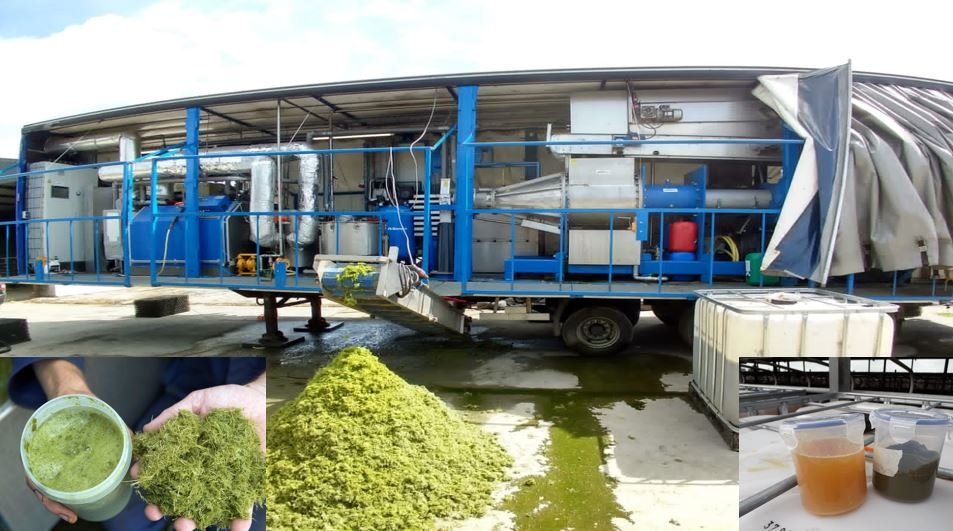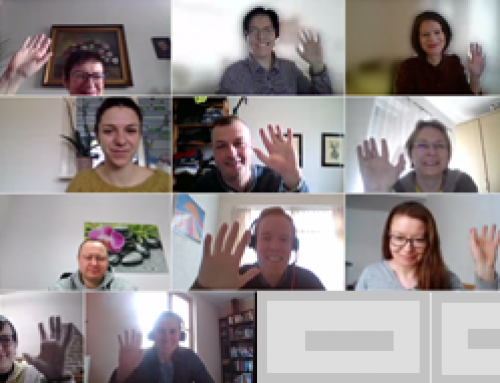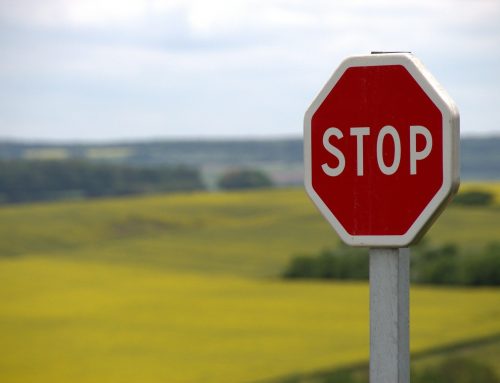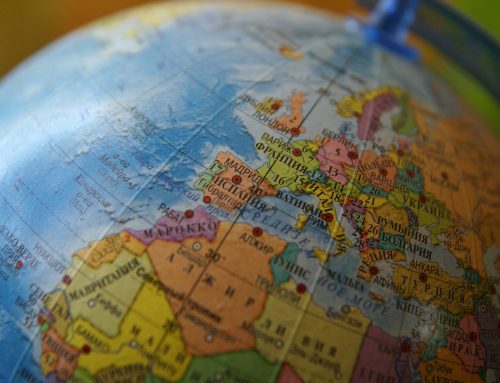Featured project: Biorefinery Glas – A Farmer-centric Bioeconomy Approach

Over recent months, Biorefinery Glas, one of Europe’s first small-scale biorefinery demonstration projects, has been working with farmers in Ireland to show how new products and revenue streams can be created using a new farmer-centric bioeconomy approach.
“We have seen huge interest from farmers in our small-scale biorefinery initiative” said project Co-ordinator James Gaffey of Institute of Technology, Tralee. “Biorefinery Glas is one of the first bioeconomy initiatives in Europe which looks at moving farmers further up the bioeconomy value-chain; becoming bio-processors, rather than simply suppliers of low-cost biomass. The EU Commission in its recent Bioeconomy Strategy update have highlighted the role that small-scale biorefineries can play in allowing farmers to diversify their income base in a sustainable manner. Through Biorefinery Glas, farmers are demonstrating this new approach, using an automated and low-cost biorefinery model, which integrates well within traditional beef and dairy farming and could be replicated across Ireland and the EU, helping to improve protein availability and reduce emissions while adding value”.

Over recent months the project team have been successfully demonstrating an integrated and mobile multi-product grass biorefinery on multiple Carbery Co-operative farms in the west Cork region. The core biorefinery process, developed by Biorefinery Glas partner GRASSA BV, optimises the use of grass by separating it into a spectrum of co-products which improve value and resource efficiency. The first step is to isolate from the grass, the proteins that cows use most effectively, while separating the remainder of the protein, which cows don’t utilise as well, for use as a co-product feed for pigs or chickens. This approach improves the efficiency of nitrogen use for milk production, while providing pigs and chickens, who would otherwise not be able to access grass protein, an indigenous source of protein concentrate. Given Ireland and Europe’s dependency on feed imports, a mechanism for improving protein efficiency is timely. An expected benefit of improving the nitrogen use efficiency for milk, includes a potential reduction in nitrogen losses and ammonia-related emissions for the dairy or beef sector.
An additional value-added co-product in fructooligsaccarides, is extracted from the deproteinized grass whey, with potential applications as a prebiotic in food/feed and as an ingredient in cosmetic solutions. Once the relevant products have been extracted, large volumes of the remaining nutrient-rich whey are being trialled as a bio-fertilizer and as a substrate for biomethane production through anaerobic digestion.
“After a successful production phase we are now progressing to the product and business model analysis phase of the project” said Gaffey. “Using the biorefinery we produced four co-product streams from a single feedstock (grass) during the production phase and these product samples will now be evaluated. Our partners UCD and Barryroe will be conducting feed trials with cattle and pigs using a press-cake silage, and a protein concentrate feed product respectively. IT Tralee will be assessing the prebiotic efficacy of the extracted sugar stream, while Carbery group will be trialling the residual stream as a bio-fertiliser on the land from which the grass feedstock was harvested. Biorefinery Glas will also assess the biogas potential of the residues. Essentially, we want to ensure that process residues which do not end up in products, remain on the farm as a fertilizer or energy source, closing the loop in a short chain approach. From these trials we will build a picture of the business case of the biorefinery approach, and its viability as a diversification opportunity for livestock farmers”.
The Biorefinery Glas project comes at a critical moment for both Ireland and the EU, with the Commission’s proposal for the new Common Agricultural Policy (CAP) aiming to make a much stronger contribution to the sustainable development agenda.
More information: biorefineryglas.eu/
For further information, follow us




